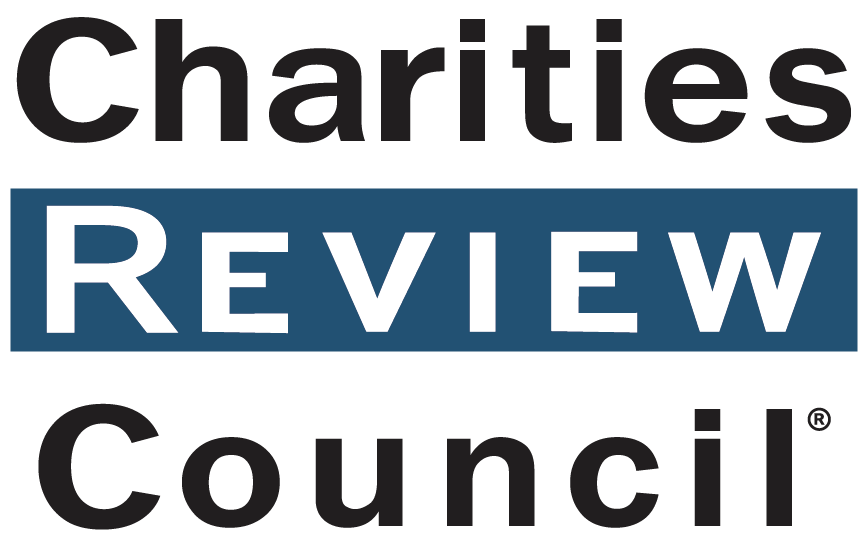Millions of people turn to their friends and family each year to collect donations for charity walks and runs. They’ll usually send out a message like this one:
Hello Friends!
Please support my efforts in this year’s Walk for Dogs. It’s a cause dear to my heart. Help me reach my goal of $1,000 by making a donation today. Together, we will make a big difference in the lives of many dogs!
Beyond wanting to support your friend, it is also important to take a step back and ask yourself a few questions:
Yes, you probably like your friend, but do you like and identify with the mission of the organization?
Have you ever donated to that cause in the past? Would you consider making a donation to that organization if your friend hadn’t been the one asking you? If it’s not a cause you would normally support, feel free to politely decline with something like this:
Thank you for the invitation to support Walk for Dogs! This year it’s my personal goal to be very intentional with my philanthropic gifts and I’ve already established which organizations and causes I identify with and will be supporting. With that said, this cause is not in my focus for this year, but I wish you the best of luck with your efforts and hope you have a successful walk!
How effective is the organization?
Beyond identifying with an organization’s mission, it’s important to know if they have been successful at pursuing their mission. What do the organization’s impact and accomplishments look like? You should be able to find out about this information from your friend, look it up on the organization’s website, or search our charity database to see if the organization is on our Meets Standards® list. If no one can provide you with the organization’s results toward pursuing their mission, it might be best to say “sorry, not this time.”
Do you understand the multiple ways charity walks support an organization?
It’s important to understand that special fundraising events, like charity walks, serve multiple purposes for an organization beyond raising money. They help charities raise awareness for the cause and engage donors in meaningful actions (often leading towards increased donor loyalty). So while charity walks might be costly to host, it’s good to keep in mind that the charities benefit beyond how much money is raised. Donors can always ask an organization for the details of the event’s financial activities or find this information in the organization’s public tax forms, to decide if the spending is reasonable.
So when deciding which charity walks to support this year, make sure to keep these three thoughts in mind. Or if you’re considering fundraising on behalf of an organization and participating in a charity walk yourself, then consider providing extra details about the organization’s mission, accomplishments, and accountability upfront in your solicitations to your friends and family.


